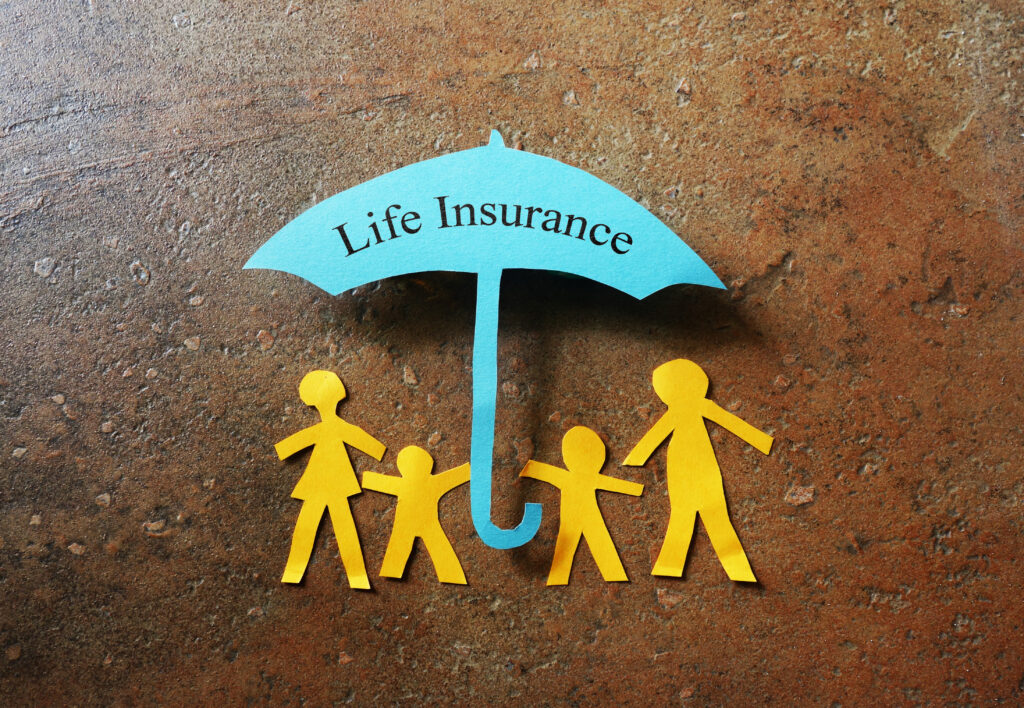Client Question: Life Insurance for your kids
December 12, 2024
I’ve written about life insurance in the past (you can one such post here). It’s a subject that comes up quite often with clients as it is yet another example of a financial topic that can be rather confusing and challenging to navigate on your own.

This past week, I talked with two clients about a unique consideration regarding life insurance – ensuring that young adult children have adequate coverage in place.
Life Insurance – Start with the Risks
As discussed in the prior blog linked above, life insurance is like any other type of insurance – a financial product that helps you protect you against risks (that have a low probability but high/devastating impact). Before deciding on whether you (or a loved one) need life insurance (and how much/how long if you do), first start by identifying the risks you are trying to protect against.
Identified Risks for Young Adults
For a young adults, it may be easy to assume they have no risks to cover and therefore have no need for life insurance. But as always, the answer is “it depends.” Let’s look at the two situations I worked thru this past week.
In the first case, both of the children are in their early 20s, have no children, are not married, and have no outstanding debt. At first glance, it may look as if there are no risks to insure against and very understandable that the parents had not ever considered having their girls take out life insurance policies. However, there is one risk that may apply to these young adults – and that is the risk of future insurability.
When you apply for life insurance, the insurance company is making an actuarial assumption about your lifespan (based on your health history, tobacco use, career, etc). It is a point in time evaluation as no one (not even actuaries) can predict the future.
If a young adult (who is healthy today and would readily qualify for life insurance) waits to apply until a more obvious need arises in 10 years (such as having a child or buying a home) and has a health issue arise in the interim, coverage will likely be unattainable and/or prohibitively expensive. However, if a policy is put in place today for a meaningful term (say 20 to 30 years), that policy would still be in force to cover those risks (at least for part of the time) when the future arrives.
In the second discussion I had this week, the risks were a bit more apparent (although future insurability is still a factor that needed to be considered). In this case however, the larger risk is that their children had dependents of their own and my clients (the grandparents) are the likely next of kin to raise the kids is something were to occur. As grandparents (or even aunts, uncles, and friends that have agreed to be a guardian or are the obvious/only next of kin), verifying the level and term of life insurance is essential. And if a shortfall exists, you may even wish to help them with the premiums. Why? Because if something unforeseen happens, you will naturally want to (and perhaps need to/be legally bound to) care for and/or help provide for the children left behind. While few things are for certain in life, it is highly likely that a lifetime of policy premiums will be far more affordable than the cost to raise children for any length of time should something tragic come to pass.
Where to Start
If the above discussions seem to apply to any adult in your life that you care about (or anyone you are perhaps obligated to in one sense or another), a good place to start is with a simple discussion. Ask them if they are familiar with life insurance. Ask if they have policies in place (many will have some level, albeit small, via their employer) and what the details of those policies are (term, amount, beneficiary, structure, ec). Ask them about their guardianship plans and hopes for their kids should something happen to them.
If they are agree with you that further steps are appropriate, you can obtain a few quotes and discuss between yourselves if that cost is worth the peace of mind in guarding against future insurability risk and current risks like income replacement, raising children, or paying off debt. Oftentimes that answer is yes- but as always, be sure to carefully evaluate your own situation
Leave a note